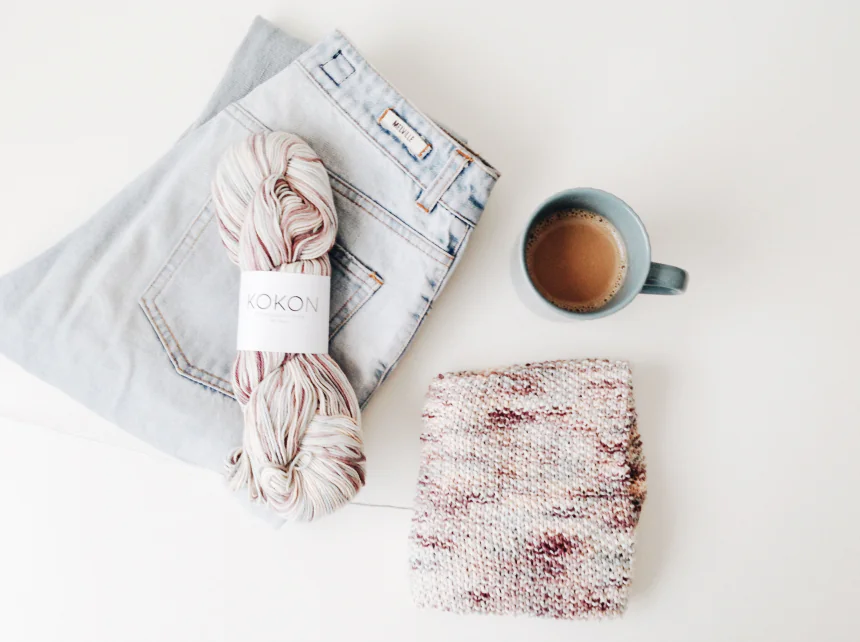Minimalism living more with less
At its core, minimalism encourages us to question our consumption habits and the role that material possessions play in our lives.

Minimalism is more than just a design aesthetic; it's a conscious and intentional approach to life that centers around the idea of "less is more." It's about decluttering not only our physical spaces but also our minds and schedules to make room for what truly matters. By consciously reducing the excess in our lives, minimalism aims to free up time, energy, and resources, allowing us to focus on experiences, relationships, and personal growth.
At its core, minimalism encourages us to question our consumption habits and the role that material possessions play in our lives. It prompts us to be more intentional about what we bring into our homes and to let go of things that no longer serve a purpose or bring us joy. This process of decluttering can be incredibly liberating, creating a sense of calm and order in our physical environment, which often translates to a more peaceful state of mind.
Minimalism extends beyond just physical possessions. It can also be applied to other aspects of our lives, such as our commitments, relationships, and digital consumption. By being more selective about how we spend our time and energy, we can prioritize what truly aligns with our values and goals. This intentional approach can lead to reduced stress, increased focus, and a greater sense of purpose.
While the visual aspect of minimalism, often characterized by clean lines, neutral colors, and uncluttered spaces, is often what comes to mind, the philosophy behind it is much deeper. It's about shifting our focus from the external validation of owning more to the internal satisfaction of living a more meaningful and intentional life. Minimalism is not about deprivation; it's about consciously choosing to have less so that we can make room for more of what truly enriches our lives.
Share
What's Your Reaction?
 Like
0
Like
0
 Dislike
1
Dislike
1
 Love
0
Love
0
 Funny
2
Funny
2
 Angry
1
Angry
1
 Sad
0
Sad
0
 Wow
1
Wow
1

















